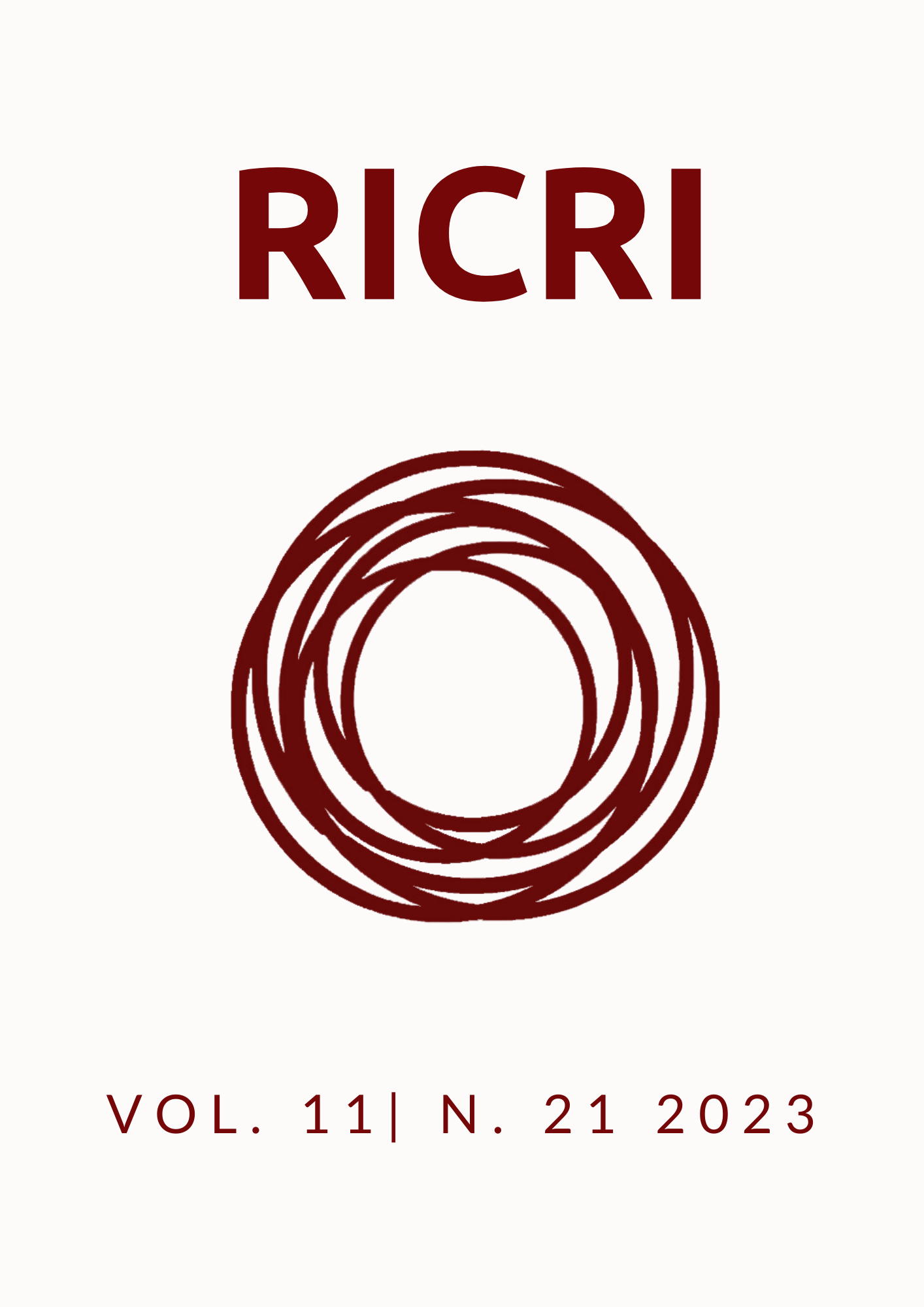The Transnistrian War
Post-conflict negotiations and the spheres of influence in Eastern Europee
Abstract
This work explores the normative constructions following the Transnistrian War (1990-1992) and analyzes Moldova's geostrategic role in Eastern Europe. Moldova and the Transnistrian breakaway state are targeted by Western enlargement policies involving the European Union and NATO, opposed by Moscow's resistances in the post-Soviet space. Understanding Eastern Europe's geostrategy involves examining the Soviet Union's dissolution and its ethnic, political, and economic dynamics. The article addresses post-war proposals and its ineffectiveness, including ceasefire agreements and official resolutions. Moreover, clashes of interests between the West and Russia are observed in aiming to comprehend regional dynamics and implications of Western advances in Eastern Europe. Simultaneously, the tensions are witnessed by the Moldovan population, which finds itself at the center of a dispute between the Western project and the Kremlin's pursuit to maintain its zone of influence in the post-Soviet space.
Downloads
Published
How to Cite
Issue
Section
License
Copyright (c) 2024 Journal of Scientific Initiation on International Relations

This work is licensed under a Creative Commons Attribution-NonCommercial 4.0 International License.
Authors who publish with this journal agree to the following terms:
a. Authors retain copyright and grant the journal right of first publication with the work simultaneously licensed under a Creative Commons Attribution License that allows for sharing of work with acknowledgment of its initial publication in this journal.
b. Authors are able to take on additional contracts separately for non-exclusive distribution of the version of the work published in this journal (e.g., post it to an institutional repository or as a book), with an acknowledgment of its initial publication in this journal.
c. Authors are permitted and encouraged to post their work online ( eg, in institutional repositories or on their website) at any point before or during the submission process, as it can lead to productive exchanges , as well as increase the impact and citation of published work ( See the Effect of Open Access).




